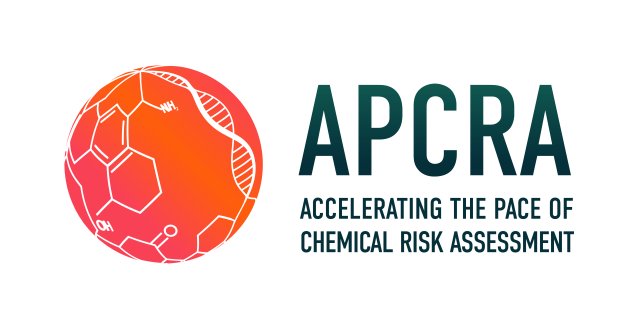Accelerating the Pace of Chemical Risk Assessment (APCRA)
The advent of New Approach Methods (NAMs) for generating exposure and hazard information on chemicals provides an opportune time to explore advances in risk science to support the global transition toward 21st century approaches to chemical risk assessment. Accelerating the Pace of Chemical Risk Assessment (APCRA) is an international government-to-government initiative whose aim is to promote collaboration and dialogue on the scientific and regulatory needs for the application and acceptance of NAMs in regulatory decision making.

In 2016, EPA hosted the first APCRA workshop to discuss the development and application of NAMs for chemical risk assessment with international regulators. Case studies were initiated following this first workshop; these as well as new case study proposals introduced on an ongoing basis continue to be discussed at subsequent annual workshops which to date have been hosted by the European Chemicals Agency (ECHA), Health Canada and EPA. The APCRA initiative has focused on how to modernize quantitative risk assessment and demonstrate how the data and tools can be incorporated into future risk assessment activities, in particular for chemicals with limited information.
The purpose of these meetings has been for sharing data, knowledge, experience, and expertise among international government entities that are considering or currently applying emerging science in regulatory decisions including priority setting, hazard identification and/or risk assessment for the large number of chemicals in commerce or that are being proposed for introduction to the market internationally. Participants include governmental entities from North America, Europe and Australasia. Efforts to date have led to collaborative case studies on the use of alternative methods in regulatory contexts.
